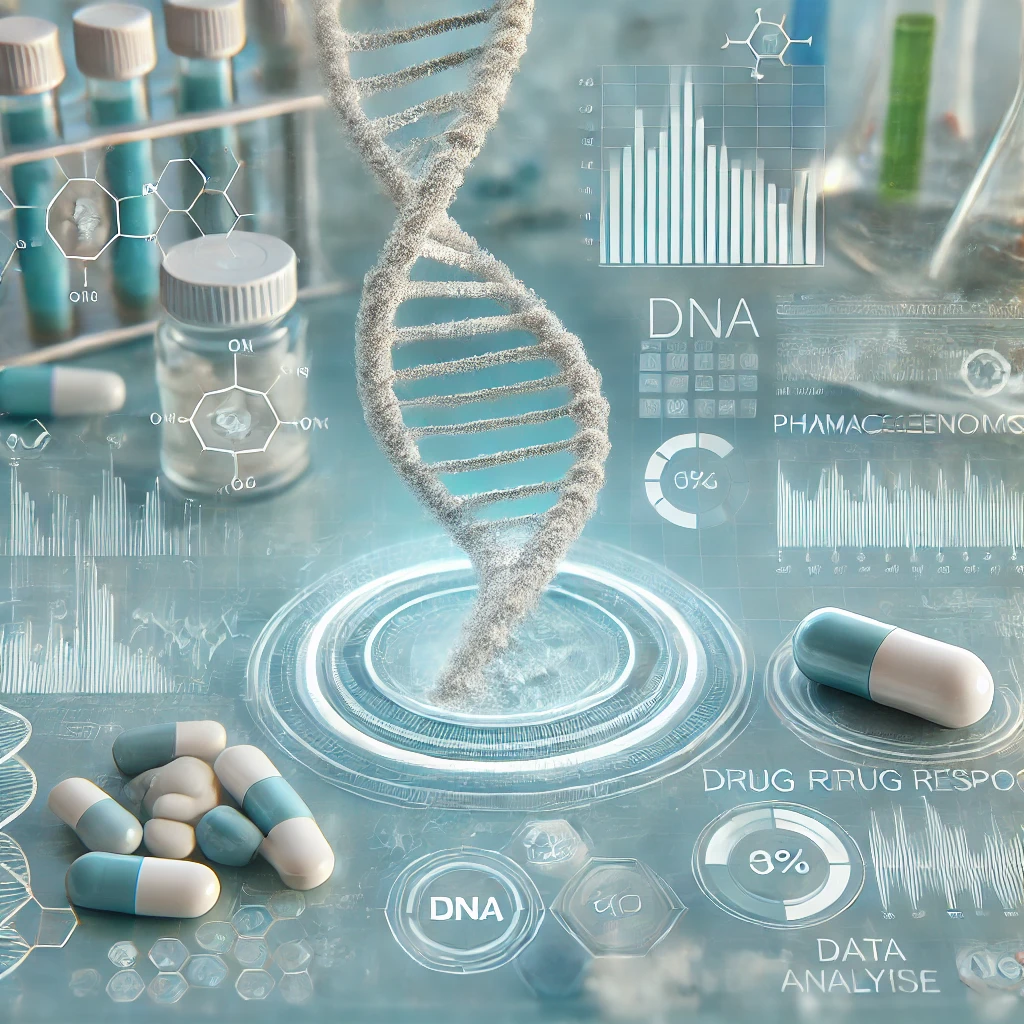What is pharmacogenomics testing?
Article Source: MDPI - Pharmacogenomics Testing

Why you should care
Pharmacogenomics testing is about tailoring medical treatments to your unique genetic makeup. This is important because everyone responds differently to medications. By understanding how your genes affect drug responses, doctors can choose the best treatment for you, reducing side effects and improving outcomes. It's the future of personalized medicine that can lead to more effective healthcare for everyone.
Answering the question… What is pharmacogenomics testing?
Pharmacogenomics testing looks at how your genes affect your response to drugs. The article explains that this testing can predict how well a person might respond to specific medications. For example, some people may need higher or lower doses, while others may experience side effects. By using this technology, doctors can make better decisions, helping avoid adverse drug reactions, which affect over 2 million people in the US every year.
How was the study done?
The research was conducted by reviewing data from various clinical studies and trials where pharmacogenomics testing was applied. The researchers examined how genetic variations influenced drug metabolism, side effects, and effectiveness across different populations. They looked at the impact of these tests on patient outcomes, focusing on how personalized treatment plans improved healthcare results.
What was discovered?
- Pharmacogenomics testing helps reduce adverse drug reactions by 30-50%, making treatments safer for patients.
- Genetic testing allows for more personalized treatments, reducing the trial-and-error process for finding the right medication by 50%.
- Studies found that about 99% of people carry at least one genetic variant that affects their response to commonly prescribed medications.
- Patients who underwent pharmacogenomics testing showed a 20% improvement in treatment outcomes, especially for conditions like depression and cardiovascular diseases.
- Testing is especially useful for medications like antidepressants, where patients often respond differently. One study revealed that personalized treatments led to 40% fewer side effects compared to traditional methods.
- The cost of pharmacogenomics testing has decreased significantly, making it more accessible, with some tests now available for less than $300, compared to thousands just a few years ago.
Why does it matter?
Pharmacogenomics testing could transform healthcare by offering more personalized, effective treatments. Instead of guessing which drug might work, doctors can use genetic information to make better choices, reducing side effects and improving patient health. This approach could lead to fewer hospitalizations, quicker recoveries, and lower healthcare costs. As pharmacogenomics becomes more widely used, it has the potential to revolutionize medicine for millions of people worldwide.
